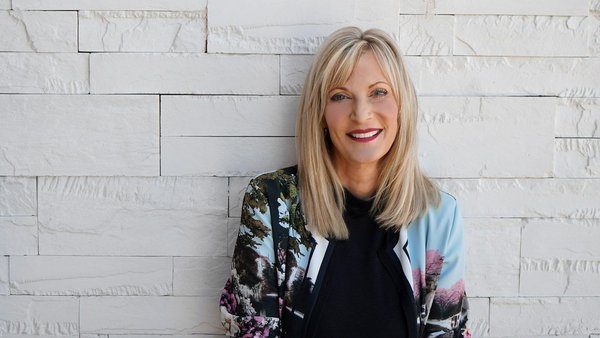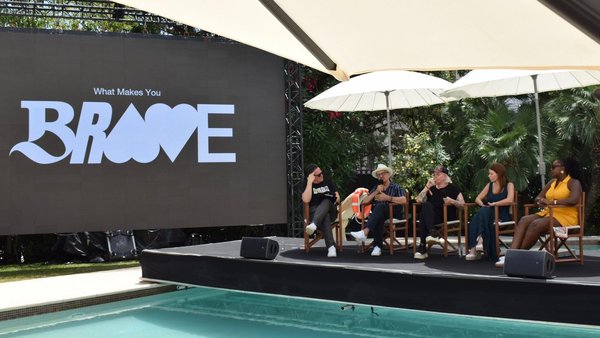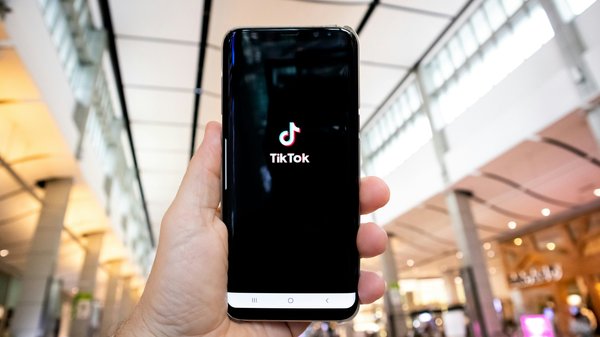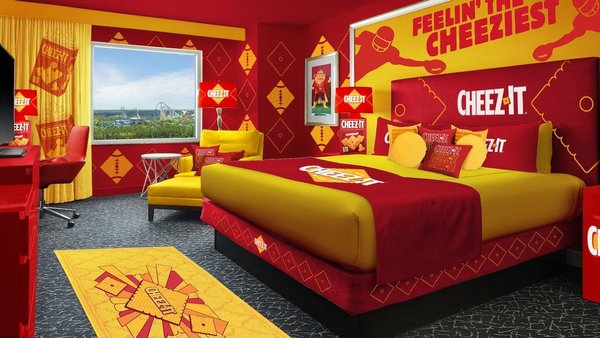Promoted content
AI, creators, emotion and soul /
Google gathered industry experts from around the globe and across brands and agencies at the Contagious villa in Cannes for a discussion on the impact of AI and creators on commercial creativity.
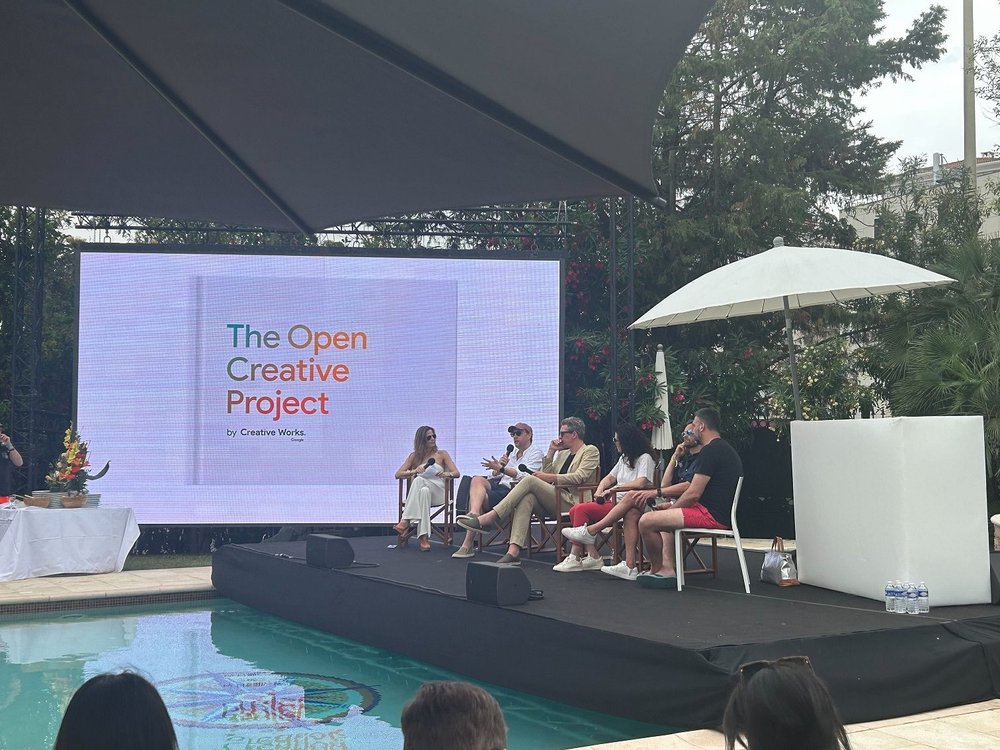
Over the past year, Contagious has been working with Google’s Creative Works team on its Open Creative Project, interviewing experts about the future of the industry for a report published the week before the Cannes Lions International Festival of Creativity began on 19 June.
Google’s US Creative Works director, Abigail Posner, led the project, and gathered expert panellists for a discussion about creative AI and the creator economy at the Contagious villa in Cannes.
Posner started by asking MediaMonks’ CEO, Victor Knaap, and Oli Marlow Thomas, CIO of Smartly.io, a creative technology company, how they have been using creative AI.
Marlow Thomas spoke about the memorability models and tension models that his company has made, and how they allow agencies to test how likely it is that people will recall an ad. They’re also using AI to predict advertising wearout. Knaap called this point in history ‘advertising’s Uber moment’. For him, AI brings the possibility of disrupting the traditional agency rankings, as small outfits that harness the creative potential of the technology reap huge advantages. He also pointed to the ability to use AI to produce more output: ‘Why have one big idea when you can test six?’
Posner then asked Marla Kaplowitz, president and CEO of the American Association of Advertising Agencies, and Marco Bezerra, UK executive creative director at VMLY&R Commerce, if human creativity might be supercharged by AI.
Kaplowitz mentioned a Forrester report which showed a 7% contraction in creative industry jobs, but pointed out that these were likely to be rote jobs, with tasks that can be easily automated. ‘We have to balance efficiency with effectiveness,’ she said. She also pointed out that, although AI would automate some jobs, it would also create new roles.
In answering Posner’s question, Bezerra praised AI’s ability to assist in enabling creativity by helping humans make associations among remote concepts.
Posner then turned to Michael Sugden, CEO of VCCP Partnership and faith, an AI-powered creative agency, and asked what the limits of AI were. He said that the creative industry had been predictable and unimaginative about using AI so far.
‘I believe that we will look back on AI as an incredible accelerator of human creativity,’ he said, adding that his team were better able to conceptualise creative ideas using AI tools: ‘Look at what visual effects software did for the film industry, look at what GarageBand did for music.’
Knaap agreed on the need for the industry to embrace AI: ‘There’s 19,000 AI startups in the US alone, someone’s probably inventing something that is disrupting a part of your business, so embrace it.’
To wrap up the first panel, Sugden pointed out that most people who were afraid of AI had been working at agencies through the rise of the internet, social media and the smartphone. ‘When I started at VCCP, two thirds of the current roles here didn’t exist,’ he said. ‘So we should be really excited.’
Posner started the second panel with a stat: 80% of people have posted content online. She asked Ben Sever, CCO and co-CEO at Havas Tel Aviv, and Darren Bailes, global CCO at VCCP, if this meant we are all creators.
Sever said that while companies want to hand their brand over to creators and allow them to do what they want, they also need a creative agency to guide them through the process. Bailes added that the new creator economy has democratised the advertising industry, allowing those without traditional advertising backgrounds to enter creative roles.
Posner then asked Simon Morris, VP of international marketing at Adobe, how his company had leaned into the creator economy. He said that since Adobe stands for creativity for all, the brand often partners with creators to co-create content, helping them to feel part of the brand. They also have a creative residency, a partnership with museums around the world to support underrepresented creators.
Posner asked Rafael Urenha, founder and CCO at GALERIA, a Brazilian creative agency, the same question. He said that the pool of creative talent is now so much wider. ‘Everybody has a voice, but not everybody has the voice of the brand.’ He spoke about a Brazilian woman who gained popularity in Brazil for storytelling, and how he invited her to spend a stint at the agency.
Morris added a few ideas on how to have a successful collaboration. ’Don’t constrain the creator, let them stay true to their work,’ he said. He also suggested getting to know the creator and making sure they had an authentic connection to the brand.
Alonso took a different tack. She thought that not everyone could be a creator. ‘Everyone can be creative. Not everyone can be an amazing creative.’ She pointed to the hard work agencies represented at Cannes had put in to create their award-winning work.
Bailes disagreed: ‘Creativity can’t just come from inside an advertising agency.’ He argued that agencies couldn’t have the scope to cover all audiences. ‘Make your agency 10,000 instead of 1,000,’ he said.
The event finished with an insight about the intersection of AI and the creator economy from Morris: ‘I think ultimately the power lies in emotion, human storytelling and soul, and a machine cannot create that.’
Creative Works looks forward to continuing the conversation over the course of the year and will reunite us all in a year to facilitate more inspirational sharing of the ever-evolving creative industry.
Want more of the same? /
We don’t just write about best-in-class campaigns, interviews and trends. Our Members also receive access to briefings, online training, webinars, live events and much more.
